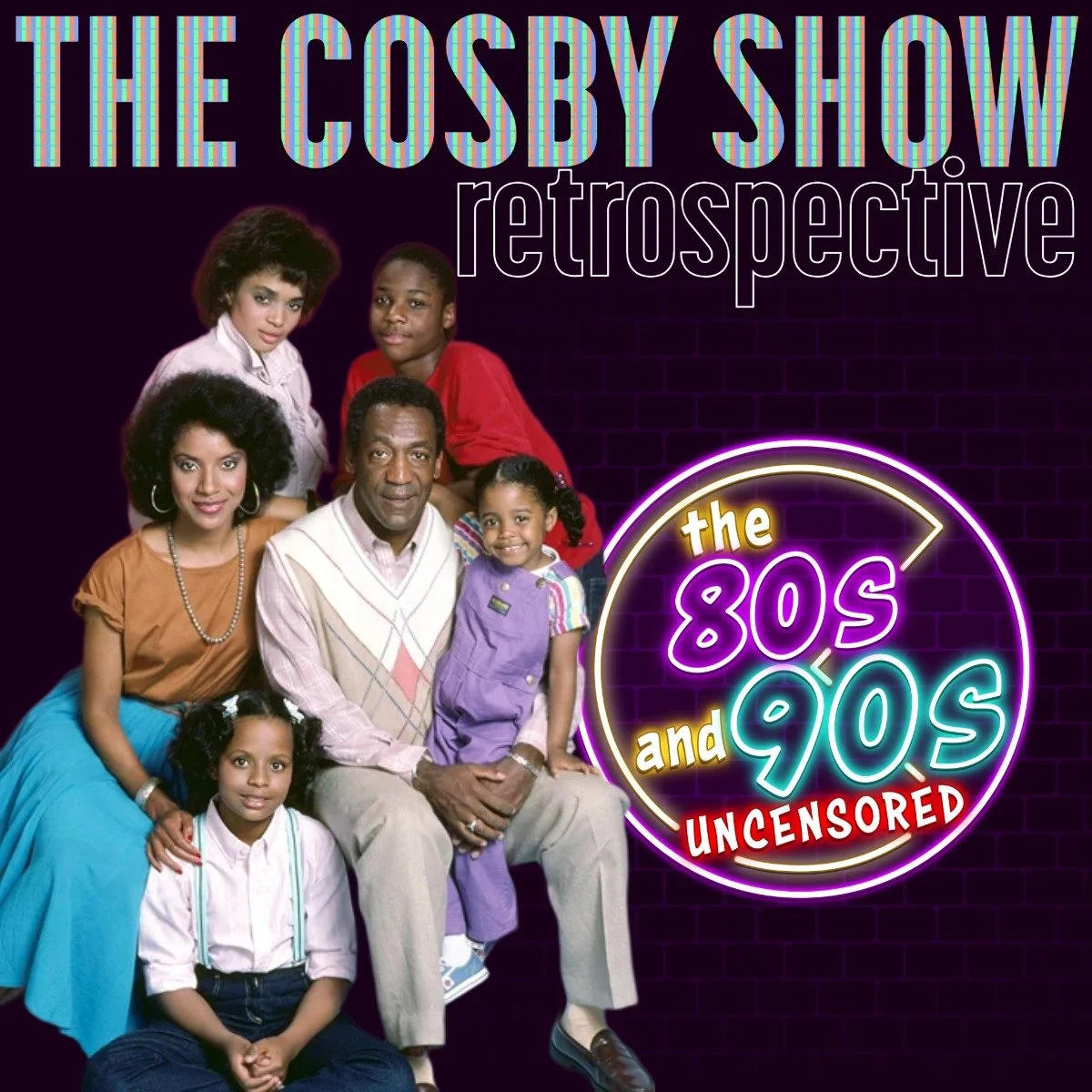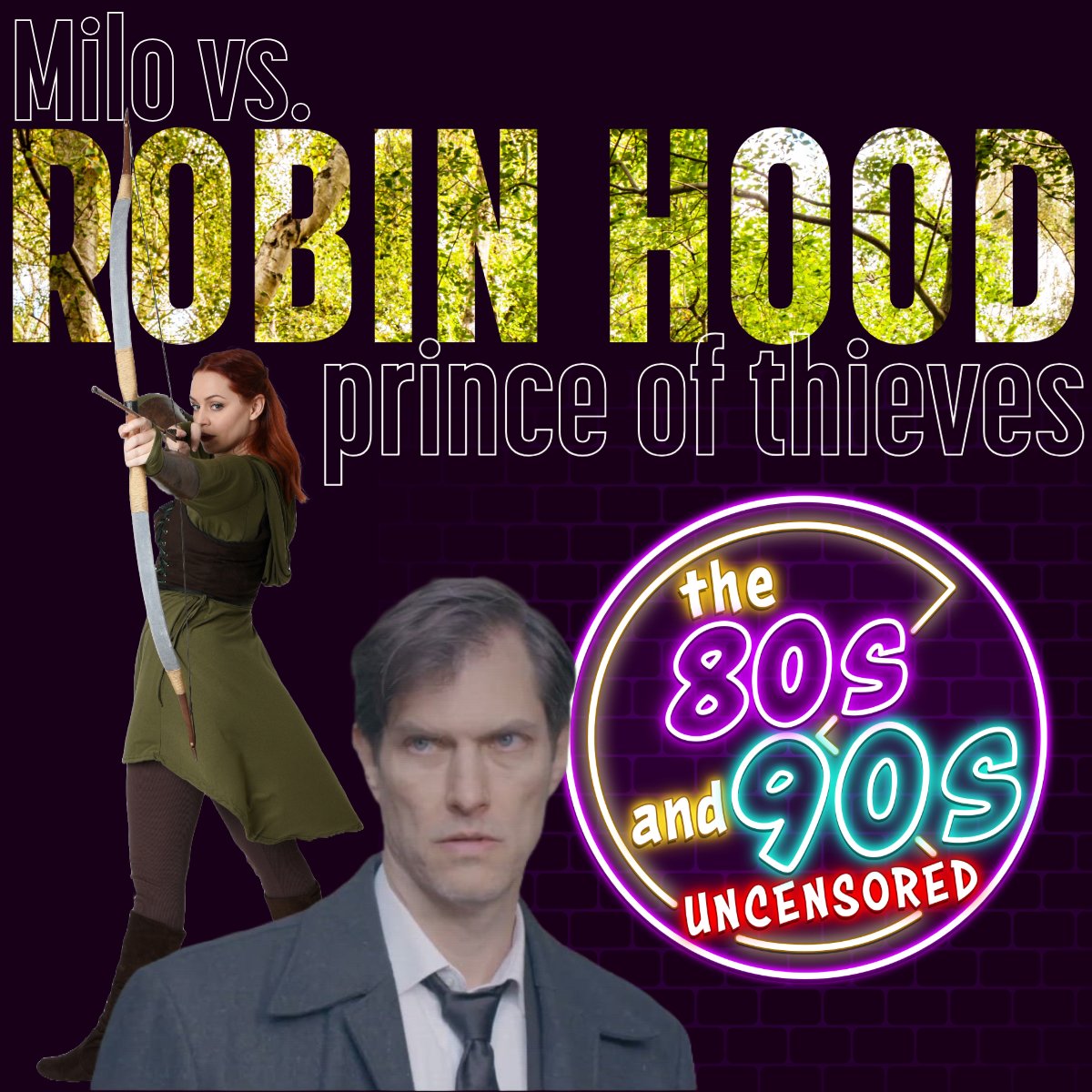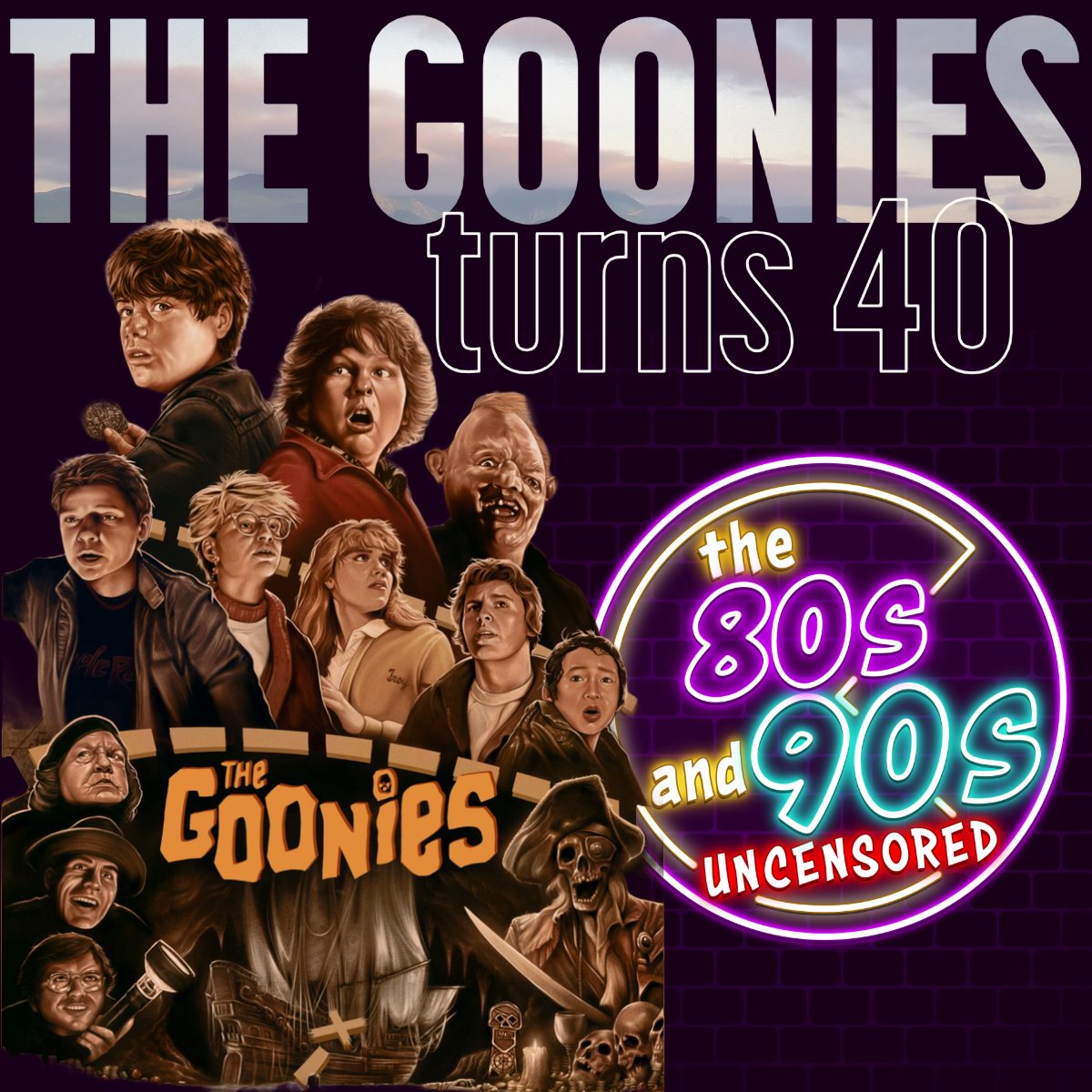5 Movies from the 80s and 90s CRITICAL of the USA (for your Independence Day Watch Party)
Most Independence Day movie playlists catalog films that highlight how cool America is, and that’s okay. This one is a little different. You may have come to this list thinking that it would be anti-American, but nothing could be further from the truth. One of the greatest traits of American life is that, not only can we criticize our culture and society, its often considered a patriotic duty! So, if you’re looking for something different for your 4th of July watch party, here are five movies from the 80s and 90s that are critical of the USA.
Born on the Fourth of July (1989)
Directed by the great Oliver Stone and starring Tom Cruise, “Born on the Fourth of July” is a drama based on the 1976 autobiography by Ron Kovic. Unknown to many, it is actually the second in an Oliver Stone Vietnam War trilogy between “Platoon” and “Heaven and Earth”. The film follows Kovic (Cruise) over two decades, starting with his conservative, all-American childhood and strong desire to defend his country as a soldier. Kovic later joins the Marines and endured first-hand the horrors of the Vietnam War, including the slaughter of Vietnamese villagers and a cover-up of the accidental killing of a young American soldier. Ron is critically wounded in battle and paralyzed from the chest down and unable to walk again. During his recovery at a veteran’s hospital, he is subject to poor conditions, neglect and abuse. Later, Ron turns to alcohol to cope with his trauma. Needless to say, more dramas ensue leading to Ron Kovic becoming an outspoken war protester and critic. He and his fellow demonstrators cause quite the ruckus during Nixon’s acceptance speech at the 1972 RNC in Miami.
Oliver Stone criticizes the Vietnam War and the way its veterans were treated upon their return by detailing the life and times of someone who went through it. Real veteran protesters like Ron Kovic paved the way for the reform of veterans’ services and forced the government to rethink how it implements the draft. Kovic not only fought and sacrificed for his country, but he also arraigned it and advocated for change that would have positive impact on generations to come.
On the last day of filming, Kovic gifted Tom Cruise his original Bronze Star medal, "for his heroic performance".
Glory (1989)
Directed by Edward Zwick and boasting an all-star cast with the likes of Matthew Broderick, Denzel Washington, Morgan Freeman and Andre Braugher, “Glory” is a Civil War drama following the lives of the soldiers of Union Army’s 54th leading to their heroism at the Second Battle of Fort Wagner.
During the American Civil War, Robert Shaw (Broderick) is promoted to colonel after being wounded in battle. He is sent to command the 54th Massachusetts Infantry Regiment, one of the first comprised of African American soldiers, including erudite corporal Thomas Searles (Braugher), rebellious private Silas Trip (Washington) and foreman sergeant major John Rawlins (Freeman). The men are all offered an honorable discharge upon learning that the Confederacy has orders to execute black soldiers found in Union uniforms along with their white commanders.
The men turn down the offer.
The film’s critical aspect comes through colonel Shaw and his men’s defiance and temerity over the Union’s prejudice for its black soldiers. After private Trip is publicly flogged for going AWOL, Shaw discovers that Trip was only looking for shoes as the men were not provided adequate footwear. Shaw confronts and threatens the racist quartermaster to get what the men deserve. Later, Rawlins stirs up a rebellion among the men for receiving less pay than their white counterparts. In response, Shaw rips ups his pay slip along with his men, who will not accept less, and promotes Rawlins. The soldiers are also forced to sack a Confederate town by a racist general lest they lose their commander.
Despite all of the injustice, suppression and bigotry the soldiers of the 54th regiment endured, they fought with extreme courage, valor and gallantry in the Second Battle of Fort Wagner on July 18, 1863.
The screenplay for “Glory” was based on the personal letters of Shaw himself, as well as the books “Lay This Laurel” by Lincoln Kirstein and “One Gallant Rush” by Peter Burchard. The film was nominated and won several awards including three Academy Awards and a Grammy.
Dances with Wolves (1990)
Based on the novel of the same name by Michael Blake, “Dances with Wolves” was produced and directed by its leading man Kevin Costner. The film won seven of the dozen Academy Awards it was nominated for including Best Director for Costner and Best Picture for 1990. It was the first Western film to win an Academy Award for Best Picture since “Cimarron” in 1931. “Dances with Wolves” is often credited for the resurgence of popularity of Westerns in the 1990s.
A prime-time Costner plays Lieutenant John Dunbar who is rewarded for his suicidal bravery in battle with a post at the edge of the western frontier. However, the only two people who know he’s there died soon thereafter, unknown to the lieutenant, who begins fortifying his pone-man post. Dunbar later encounters a tribe of neighboring Sioux. Initially chary and bellicose at first, the tribe gradually begins to accept the lone Dunbar, who begins to accept and even adopt their culture. Dunbar befriends a lone wolf, where the tribe gives him his name, “Dances with Wolves”. He is accepted as a friend of the Sioux, even fighting by their side against a hostile enemy tribe. Dunbar later marries a white woman adopted by them from a young age and fully integrates into their culture.
However, the greed and profligate of the new, white settlers becomes clear when, during a buffalo hunt, Dunbar and the tribe witness thousands of dead bison across the plains with nothing more than their hide taken.
Dunbar returns to his fort to retrieve his journal which documents the Sioux tribe’s whereabouts and is captured by Army soldiers after they kill his prized horse. Seeing his native garb, he is arrested as a traitor and interrogated. After refusing to give any information, Dunbar is charged with desertion and moved east to face trial. His lone wolf “Two Sox” follows with concern but is shot and killed by a soldier as target practice. However, the Sioux eventually track the convoy and attack, rescuing Dunbar, who decides to leave the group with his new wife as fugitive to protect the tribe.
This is one of the first, if not the first Western to depict Native Americans as victims. The film criticizes the Euro-American treatment of natives and the reckless, improvident use of natural resources. These are attitudes and issues that still need scrutiny today more than ever.
American Beauty (1999)
Touted as a “psychological black comedy-drama”, this film is the directorial debut of Sam Mendes, written by Alan Ball, and stars Kevin Spacey and Annette Bening. “American Beauty” is a superb solarization of the American middle class that I would personally identify with very deeply less than a decade after its release.
Lester Burnham (Spacey) is a middle-aged executive who loathes his job and marriage to driven real estate agent Carolyn (Bening). Their daughter’s low self-esteem is matched only by the disdain for her parents. Becoming increasingly dissatisfied with seemingly “perfect” bourgeoise existence, Lester develops a crush on his daughter’s friend. whom he constantly fantasizes about. Lester is then laid off but blackmails the company into a generous severance. He then starts a job, “with the least possible amount of responsibility” at a fast-food restaurant where he discovers his wife is having an affair with a married rival. However, he acts with indifference, buys a 1970 Pontiac Firebird, smokes weed with the neighbor kid and flirts with his daughter’s friend.
In short: Lester is DWMA: done with middle-age and middle-America.
The film criticizes the success and consumer driven lives of middle-class Americans as empty and meaningless. Less than a decade after this film was released, I would find this out for myself. Here’s a personal story:
After overseas, sea service in the military, I went to college starting in 2000. I overloaded credits, took courses in Summer and graduated with honors. My then-wife and I moved to the Seattle area and worked hard, ending up at the area’s largest tech company. I worked hard to buy a house in a nice neighborhood. The in-laws moved in. They were horrible so I worked even harder to stay in the office. My marriage was miserable but at least we had Italian furniture and accent walls. I worked harder because wife thought we needed more money and nice stuff. We had a kid and lived in a nice neighborhood full of boring people showing of their nice shit who all worked at the same nice companies. Still not good enough. More, more, MORE! Wife with a very cordial, extracurricular relationship with the boss because… well, maybe he had more, more, more.
Then one day, literally one day, I quit my job, announced my intentions for divorce, got an apartment, and started working at a pizza place.
That’s a true story.
Now, my biggest endeavors are podcasting and writing about popular culture. Rejecting what society hawks as successful has made me happier than ever. Remember, the pursuit of happiness is a very American thing, but that also means you don’t have to buy into its bullshit if it makes you dejected and downcast.
I just hope my end isn’t as gruesome as Lester’s.
Fight Club (1999)
1999 was likely the best year in cinematic history when it comes to films that question the sincerity of the middle-class American lifestyle, and Fight Club was the most audacious among them. Based on the book by Chuck Palahniuk, directed by David Fincher, and starring Brad Pitt, Edward Norton and Helena Bonham Carter, the movie was controversial upon its release and fell well below expectations at the box office. However, it would be a slow burning success after its home video release, eventually becoming a cultural cult classic.
The film’s protagonist (Norton), an unnamed narrator, is an insomniac and all the items purchased from his Ikea catalog cannot make up for the tedium and misery of the job he does to pay for them. He begins impersonating a victim of various diseases to attend support groups to find comfort and solace.
While flying home on a business trip, the Narrator meets Tyler Durden, a charismatic sop salesman. The Narrator returns home to find his apartment and everything in it destroyed by an explosion. He then meets Tyler at a bar where Tyler chastises him for his incessant concretism. Outside the bar, Tyler demands the Narrator to hit him, and they find they end up fist fighting.
The men are exhilarated, and Fight Club is born.
The Narrator moves into Tyler's dilapidated house and their club grows, including many men from the support groups, fighting in bar basements and parking lots. In typical 1999 movie male fantasy fashion, the Narrator blackmails his boss for regular income to support the growth of Fight Club which, unknown to the Narrator, has grown into an interstate anti-corporation terrorist organization. When the Narrator complains that Tyler has excluded him, Tyler reveals that he was the one who caused the explosion at the Narrator's condo. When the Narrator protests his exclusion, Tyler reveals that he blew up the condo.
Tyler increasingly conflicts with Tyler as his “Project Mayhem” intensifies beyond vandalism. Tyler’s new plan is to destroy the buildings that contain credit card records so that society’s debt can be erased. During their conflict, the Narrator learns something shocking about Tyler and himself.
This film is a direct criticism of American materialism, the power of corporations and Generation-X males’ loss of their masculinity.
This film reminds me of my last among many “managers” at the aforementioned big tech company I worked at. This guy wore bright, pastel silk shirts, had a spray-on tan and constantly bragged about his wine collection. That wouldn’t be enough for me to hate him though. No, in addition, he was deceitful, self-absorbed, petty and his confidence completely mismatched his skills. He was a poser of the highest order. I’d often fantasize about fist fighting this goon in the office parking lot. I’m pretty sure his confidence would disperse quickly, and he’d grovel at the first hint of a real fight.
I exposed him instead and quit that job. He was gone less than a week later.
As I said, the ability to criticize this country is what makes it great, and I believe these films do us a service. Do you know of other movies that should be on this list? Contact me and let me know. With that, I leave you with this quote:
“I don’t think that there’s anything worse than being ordinary.”














The guys are proud to say it’s been five years of The 80s and 90s Uncensored podcast. To celebrate, they each have five things that have to do with five.